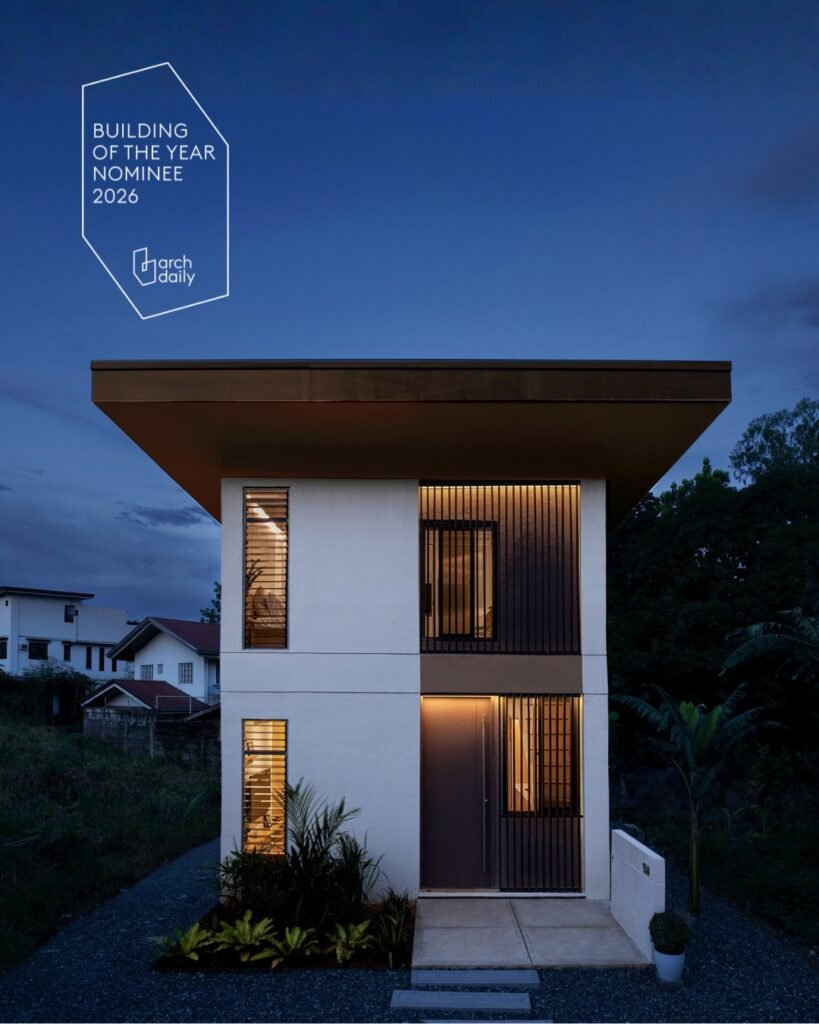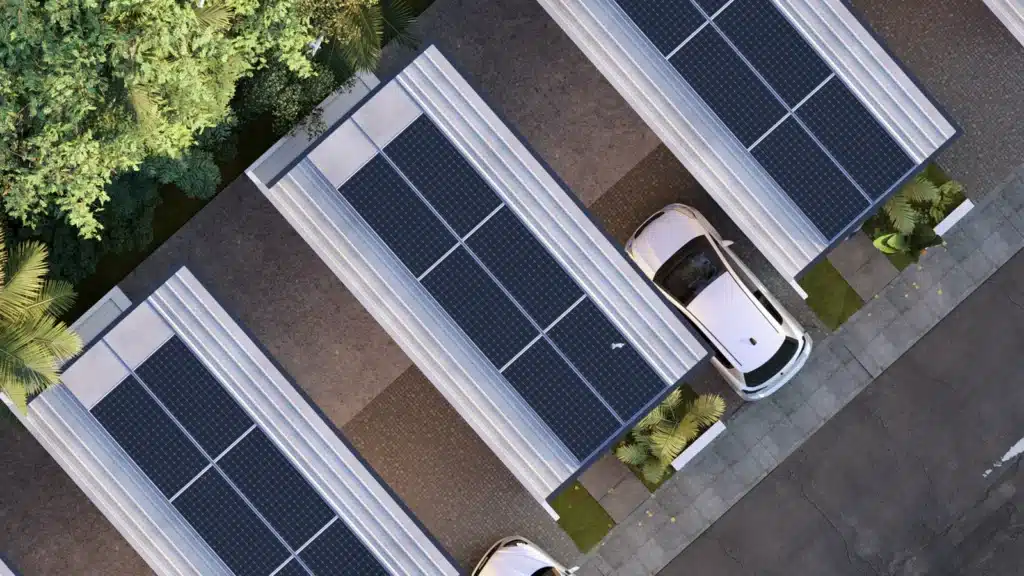Spain is leading the way toward a sustainable future through its implementation of energy-efficient practices, encompassing supportive policies, innovative initiatives, and collaborative efforts across various sectors.
PS10 Solar Power Station in Spain. PHOTO: Greenpeace
Spain has one of the largest economies in the European Union, according to National Geographic. The country has a diverse range of energy sources, including fossil fuels, nuclear power, and renewable energy.
In recent years, there has been a growing emphasis on reducing Spain’s dependence on fossil fuels and promoting renewable energy alternatives to combat climate change.
The energy sector in Spain has undergone significant transformations, driven by government policies and international commitments. The country has made remarkable progress in renewable energy deployment, particularly in wind and solar power. National Geographic reported that Spain has consistently been one of the top countries in Europe in terms of renewable energy capacity, with a strong focus on wind energy.
Energy Efficiency Policies and Initiative of Spain
Spain has emerged as a frontrunner in the global pursuit of sustainable energy solutions with its commitment to combating climate change and reducing greenhouse gas emissions.
Spain’s National Energy Efficiency Strategy sets out a comprehensive roadmap for reducing energy consumption and improving efficiency across various sectors. The strategy includes ambitious targets, such as achieving a 20% reduction in primary energy consumption by 2030 and a 39.5% reduction in final energy consumption by 2030, according to International Energy Agency (IEA).
To encourage energy efficiency improvements in buildings, Spain introduced the Energy Efficiency Certificates (EECs) program. Under this initiative, buildings are assessed and awarded a certificate that reflects their energy performance. Some of the cities with certifications are Benidorm, Calpe, and Ciudad Quesada.
EECs incentivize property owners to invest in energy-saving measures by providing them with a marketable asset that demonstrates the efficiency of their building. It has contributed significantly to reducing energy consumption in residential and commercial buildings.
Spain has also embraced the potential of technology to optimize energy consumption and enable more efficient energy management. The implementation of smart grids, along with advanced energy management systems, allows for real-time monitoring, demand response, and energy load balancing or the balance between energy supply and demand in an energy system or grid. These smart technologies enable better integration of renewable energy sources, according to Odysee Mure.
Building Energy Efficiency in Spain
Through a combination of strategic policies, innovative initiatives, and a collaborative approach, Spain has successfully changed its energy system. Spain’s commitment to energy efficiency is underpinned by a robust legislative framework. The country has enacted laws and regulations that prioritize energy efficiency in various sectors.
One of the laws enacted in the country is the Energy Efficiency and Energy Saving Law (E4/2007) which serves as the cornerstone of Spain’s energy efficiency efforts, according to IEA. It establishes the legal framework for energy audits, energy labeling, and the promotion of energy-saving practices.
Spain has also implemented a range of policies and incentives to encourage energy efficiency measures. The government offered financial incentives, tax breaks, and grants to individuals, businesses, and organizations investing in energy-saving technologies and practices. As a result, there has been an increase in the number of individuals and organizations who are engaging in such technologies and practices. In addition, the country recognized the pivotal role of buildings in energy consumption and greenhouse gas emissions. According to IEA, the Technical Building Code (CTE) mandates energy efficiency requirements for new constructions and major renovations.
The introduction of Energy Performance Certificates (EPCs) has played a crucial role in promoting energy efficiency in buildings. According to IEA, EPCs provide a standardized rating system that assesses the energy performance of residential and commercial properties. Moreover, Public-private partnerships have been instrumental in driving innovation and implementation. The government has actively engaged with businesses, industry associations, research institutions, and civil society to develop and implement energy efficiency initiatives.
Renewable Energy Integration in Spain
Spain’s success in renewable energy integration can be attributed to its supportive regulatory framework. The country has implemented legislation and policies that provide a favorable environment for renewable energy development. Feed-in tariffs, guaranteed power purchase agreements, and renewable energy auctions have incentivized investments in wind, solar, biomass, and hydropower projects, according to International Trade Administration.
Spain has embraced a diversified approach to renewable energy, recognizing the potential of multiple sources. The country has harnessed its abundant solar resources by deploying a significant amount of solar photovoltaic (PV) capacity. Additionally, Spain has leveraged its geographical advantages, including coastal regions and strong winds, to become a leader in onshore and offshore wind energy.
The country has also witnessed significant improvements in the efficiency and cost-effectiveness of renewable energy technologies. Advancements in solar PV, wind turbine design, and energy storage systems have played a crucial role in enabling higher penetration of renewables into the grid, as per to International Trade Administration. Spain’s commitment to research and development has fostered innovation, allowing for the integration of renewable energy sources at a large scale.
The Remarkable Move of Spain Toward Energy Efficiency
Spain has made a remarkable move towards energy efficiency. Through a combination of visionary policies, innovative initiatives, and collaborative efforts, the country has successfully reduced energy consumption and promoted the efficient use of resources.
Spain’s commitment to energy efficiency is evident in its national strategies, building codes, and the implementation of energy performance certificates. By encouraging energy-saving practices, investing in renewable energy sources, and fostering public-private partnerships, Spain has paved the way for a greener and more sustainable future.
The remarkable move of Spain toward energy efficiency demonstrates the tangible benefits of prioritizing sustainability and embracing a more responsible approach of the country to energy consumption.
Sources
-
National Geographic. (2020). Spain: taking sustainable energy to the next level. Retrieved from https://www.nationalgeographic.com/science/article/partner-content-setting-standard-for-sustainability
-
International Energy Agency. (2021). Spain’s extensive policy plans set to help underpin a successful energy transition powered by renewables and efficiency. Retrieved from https://www.iea.org/news/spain-s-extensive-policy-plans-set-to-help-underpin-a-successful-energy-transition-powered-by-renewables-and-efficiency
-
Odysee Mure. (2018). Energy Efficiency Trends and Policies in Spain. Retrieved from https://www.odyssee-mure.eu/publications/national-reports/energy-efficiency-spain.pdf
-
La Moncloa. (2022). The Government of Spain approves the More Energy Security Plan to protect consumers and reduce gas consumption. Retrieved from https://www.lamoncloa.gob.es/lang/en/gobierno/councilministers/Paginas/2022/20221011_council.aspx
-
Euronews. (2022). Spanish government looks to renovate half a million homes to improve energy efficiency. Retrieved from https://www.euronews.com/2022/09/16/spanish-government-looks-to-renovate-half-a-million-homes-to-improve-energy-efficiency
-
International Trade Administration. (n.d.). Spain Renewable Energy. Retrieved from https://www.trade.gov/market-intelligence/spain-renewable-energy
-
IDAE. (n.d.). Renewable energies in Spain. Retrieved from https://www.idae.es/articulos/renewable-energies-spain





